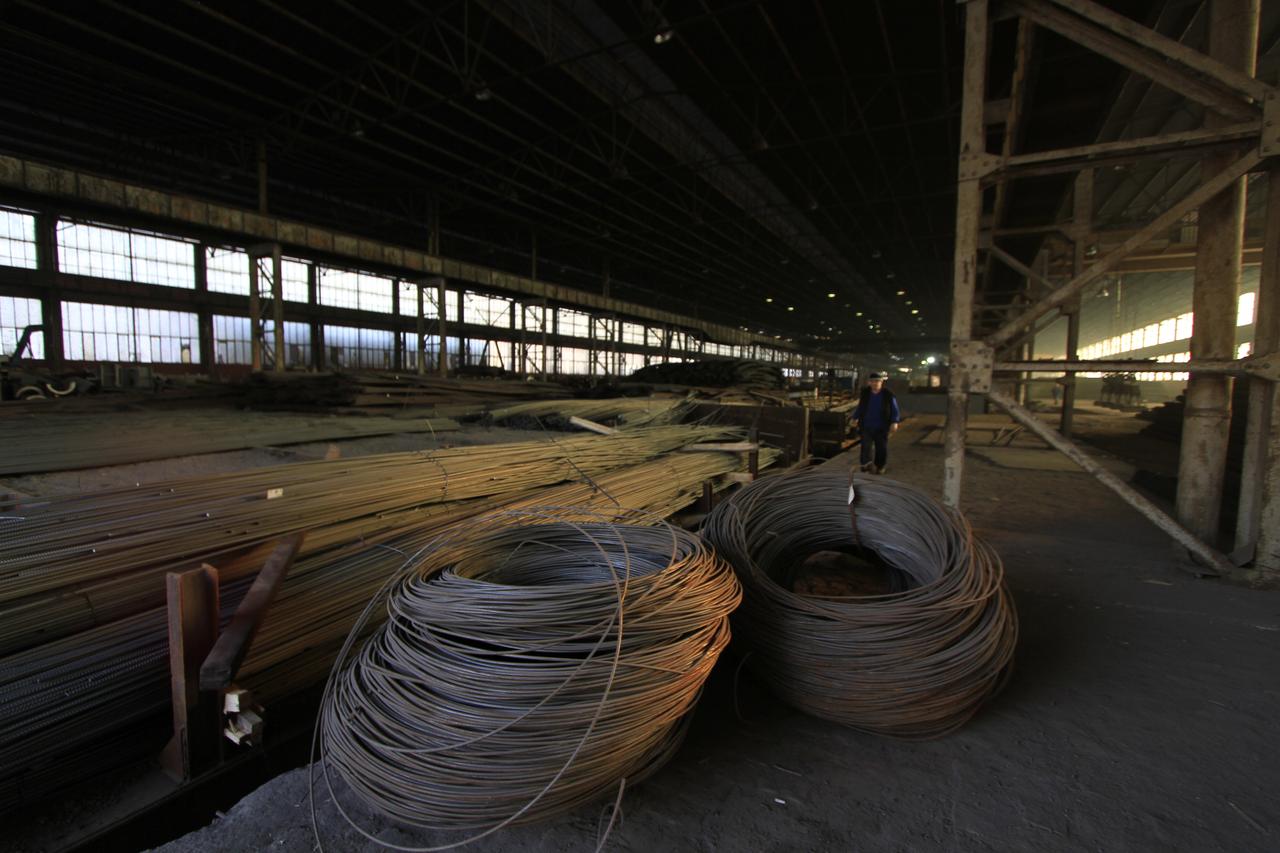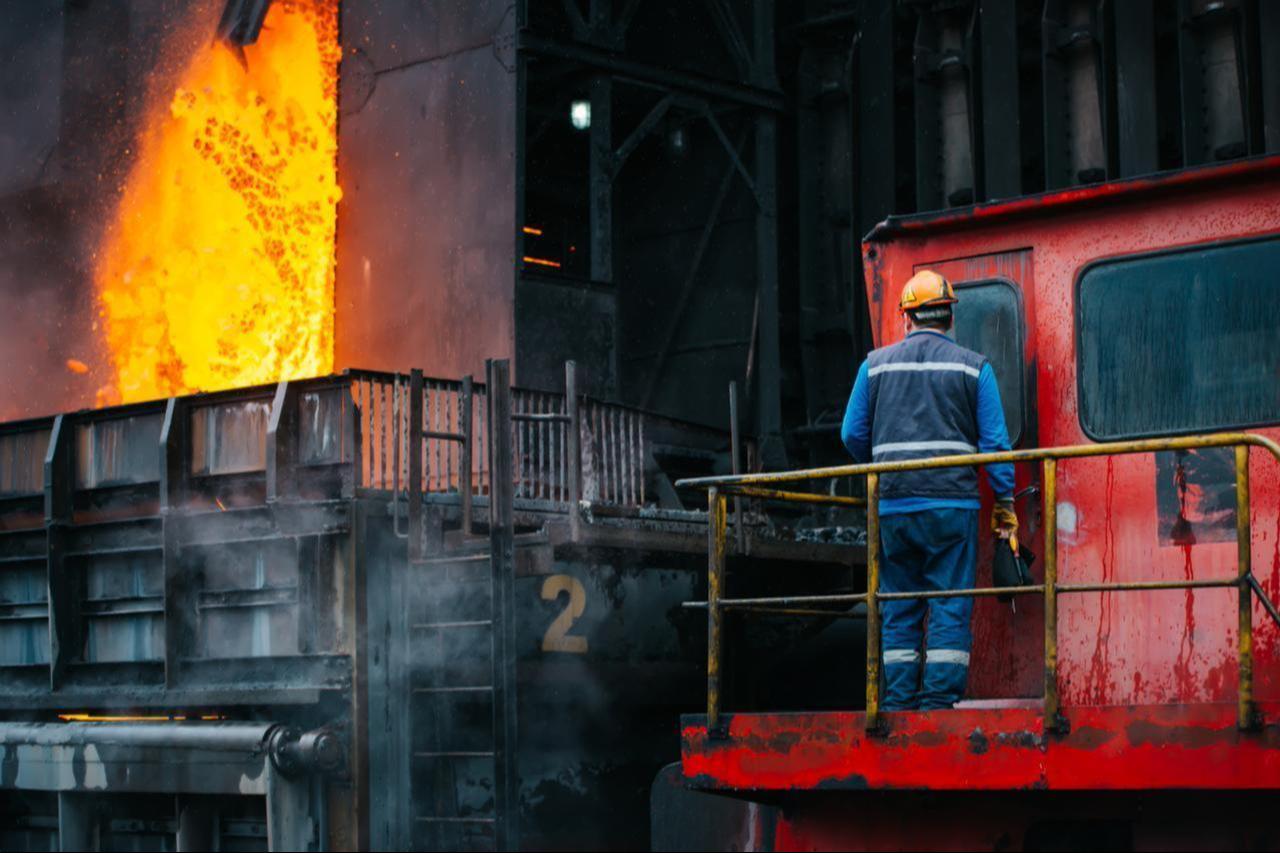
A new European Commission proposal projecting 50% steel tariffs and import cuts of up to 47% could put the continent’s top steel producer, Türkiye, under strain, the country’s industry chief warned.
"These developments risk closing much of the global steel market to external suppliers," Türkiye Steel Producers Association (TCUD) Secretary General Veysel Yayan told state-run Anadolu Agency, emphasizing that this situation would prompt the world's largest steel producers to other markets, including Türkiye.
The Commission’s proposal calls for limiting tariff-free steel imports to 18.3 million tons a year — a 47% reduction from 2024 quota levels — while doubling out-of-quota duties to 50% from the current 25% applied under the safeguard mechanism by July 2026. Although the tariffs would not directly affect Turkish steel due to the E.U.–Türkiye Customs Union agreement, quota cuts could still curb exports, reduce capacity utilization, and intensify competition in Türkiye’s domestic market as diverted supplies from other producers flood in, Yayan stressed.
He said the move comes on top of the United States’ 50% tariff on steel imports and similar protective measures being considered by Mexico and Canada, cautioning that continued protectionist policies and shrinking quotas could weaken Türkiye’s investment appetite and delay new capacity expansion plans.
According to the World Steel Association, Türkiye became Europe’s largest and the world's seventh steel producer in the first eight months of 2025, with 24.9 million tons of output — a modest 0.2% increase — while Germany’s production fell sharply by more than 10% year-on-year to 22.4 million tons. In 2024, Türkiye produced 36.9 million tons of steel, ranking eighth globally, just behind Germany’s 37.2 million tons.
E.U. countries accounted for the largest share of Türkiye’s steel exports in 2025, representing 43% — or $3.09 billion — of the total $7.18 billion.
Yayan underlined that China’s dominance—accounting for more than half of global steel output—makes world markets increasingly vulnerable to changes in Chinese consumption. A 1% fall in domestic demand there, he explained, releases an additional 10 million tons of steel into international markets, depressing prices and undermining producers elsewhere.
"Our industry stands out from other steel sectors with its ability to adapt quickly to challenging conditions, its flexible and resilient production structure, product quality, and prompt delivery," Yayan highlighted. "Moreover, the sector has distinguished itself by maintaining uninterrupted production during both economic fluctuations and global crises."
Despite these challenges, he said the Turkish sector is pursuing alternative export markets, investing in high-value production, and accelerating its green transformation to sustain its global role.

Yayan pointed out that a strong steel industry supports not only economic growth but also national security, strategic independence, and sustainable development.
"The main goal in this process is to further develop a high-quality, competitive, and sustainable production infrastructure. At the same time, capacity development projects focusing on high value-added products are gaining attention," he said.
"Investments in the production of specialized steels used in the automotive, defense, energy, and shipbuilding industries are accelerating. These investments not only increase Türkiye’s production volume but also enhance product diversity and international competitiveness."
Although Türkiye’s steel sector can meet domestic demand, its capacity utilization currently stands at about 63%, while imported inputs account for around 48% of total consumption — more than double the European Union’s preferred threshold of roughly 20%, he noted, challenging the Turkish government to tighten measures to support local production through incentives, balanced energy pricing, and improved access to financing for environmental and modernization investments.